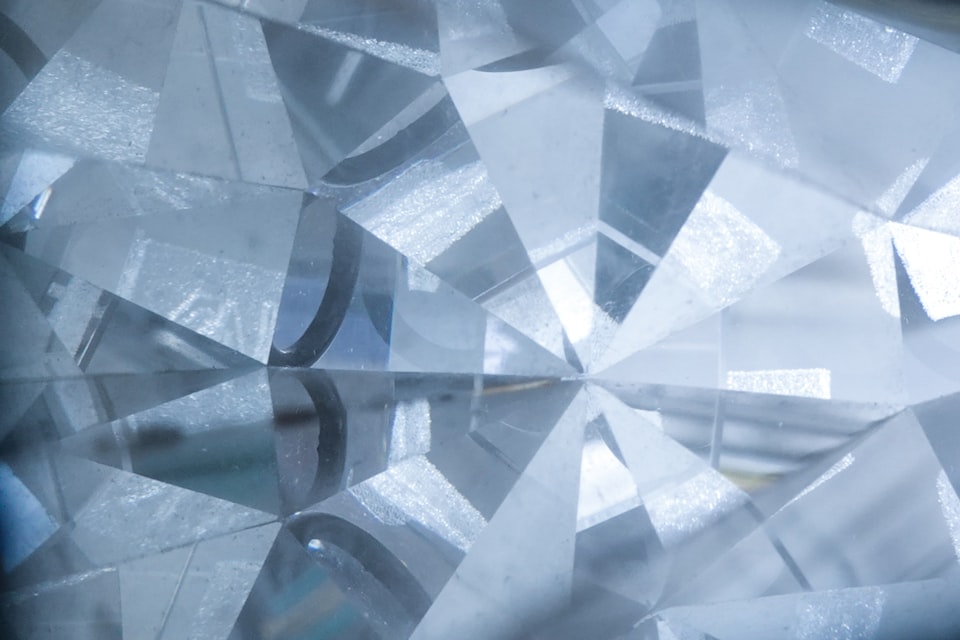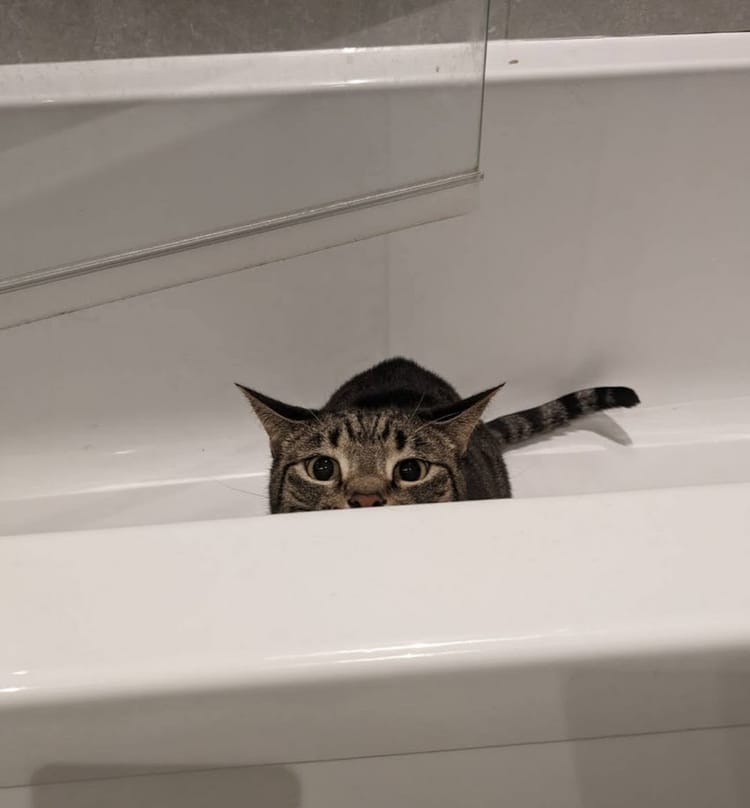Would somebody tell me what's happening, please? I'm so confused.

It feels very difficult to know what's true, right now.
So, I've joined a socially distanced Rabble group, which is like voluntary P.E. for grownups. Last night, after a fun game I call "try not to die from doing burpees", I was chatting to one of my rabblemates over a pint of beer. It was wonderful! Chatting to an actual human being in real-life and not on a computer screen! And then, he started talking cheerfully about how well the U.K. did at managing the Coronavirus.
To which, my response was...

...because, I was thinking about tables like this one from The Economist...

... which I'd most generously describe as a "I guess it could have been worse" situation, certainly not a "we did quite well" situation.
It feels like reality has fractured, and we're living in entirely disconnected simultaneous realities right now.
I have some friends who are holed up in their homes terrified of getting the coronavirus. I have friends who have decided it would be nice to get the coronavirus so it's over and done with, and that it's really not statistically that dangerous unless you're in a high-risk group. I have friends who are attending house-parties, and friends who haven't left the house in weeks and are full of rage at those who are being less careful. Friends who are furious at how the economy has been destroyed and how many lives that's taking, and that's so much worse than the deaths we would have had without a lockdown. Friends who feel like this is the worst disaster of the century, and friends who think its significance pales in comparison to the HIV crisis, TB, cholera etc. I have friends who tell me they feel like they've lost their minds, like they're being gaslit by the entire country, the media, the entire world.
Personally, here's the truth: I believe every single one of these entirely contradictory things, simultaneously, to different degrees. How much I believe each one of them fluctuates throughout the day, often several times before breakfast.
Of course it's enough to make you feel like you've lost your marbles.
There are two reasons that I think the ground feels so unsteady right now.
1. Human brains are not well optimised for this.
We are social primates. We spent most of our 200,000-year history learning things from the other humans in our tribes. Our brains are not naturally careful evidence-weighing machines; they're optimised for recognising patterns and telling stories and prioritising information that helps us fit into our society.
All of which, it turns out, makes us really ill-equipped to understand a very complex global pandemic, where there are a billion different information sources, all of which are saying different things.
Tess Wilkinson-Ryan wrote a great piece about this recently, called "Our Minds Aren't Equipped for This Kind of Reopening", and I urge you to read it.
Individuals are being asked to decide for themselves what chances they should take, but a century of research on human cognition shows that people are bad at assessing risk in complex situations. During a disease outbreak, vague guidance and ambivalent behavioral norms will lead to thoroughly flawed thinking. If a business is open but you would be foolish to visit it, that is a failure of leadership.
You spent your whole life up until this point learning a set of rules to help you thrive in human society. And then, suddenly, in the space of just a few weeks, you had to learn a whole different set of rules. And worse, as lockdown rules keep changing, and as we keep learning new things about this novel coronavirus, we have to keep relearning and relearning the rules. Every day is a new renegotiation of what is safe, what is moral, what will bring you joy.
Heck, even amongst experts, there is no person on earth who's been an expert on this pandemic for even a year.
Would you be pissed at a child for not figuring out the "wash your hands after you poop" rule immediately? No! It takes a while to learn new behaviours and understand why they're important. And did you ever get any formal training about assessing epidemiological risks or macroeconomics or ethical decision making?
So why are you irritated with yourself for feeling like you don't know what's true half the time? You're doing your best!
2. Everyone's going through a lot of shit right now.
Every year, Old Mutual releases a survey of metro working South Africans called the Savings and Investment Monitor. This year, they did a special deep-dive into the economic impacts of covid. Here are three sobering images I want you to see.



And these are working South Africans living in cities, friends.
So, not only are people trying to become instant experts in a whole set of very complicated topics, but they're doing so in an environment of stress, fear, anxiety and panic. You know, all things that make it 100x harder to judge facts objectively.
What to do about it?
I have a couple of practical suggestions for you:
- Try to slow down your news intake. Learning LOTS AND LOTS OF FACTS about WHAT'S HAPPENING RIGHT NOW and THE ONE BRAND NEW STUDY ABOUT BLOOD CLOTS/REMDESIVIR/NEUROLOGICAL SYMPTOMS that came out yesterday is not going to be as helpful as rather taking time to read/watch/listen to one or two deeply researched pieces over a slower timeframe. Aim for understanding rather than information. I've been enjoying SciShow's videos, for instance. I'd love to hear your suggestions!
- Learn some skills to help you spot misinformation and disinformation. This guide from the Verge is a great primer. I especially liked the part about considering the scale of a story.
- If you're struggling with family members or friends sending you full-on conspiracy theories (sigh, aren't we all) try to encourage them to sign up for the excellent South African fact-checking podcast What's Crap on WhatsApp. You might also find some useful tips in this Verge piece and The Conspiracy Theory Handbook.
Figuring out what's true in a situation like this is not an innate skill. We all have to actively learn how to do it, and all of us have a duty to try to get better at it.
But try to practice patience with the people who are living in a different reality to you. They're probably going through their own personal hell, too, and they deserve as much kindness and empathy as you can muster.
Wishing you sanity, patience and a beautiful reality,
Your very confused buddy Sam

Updates from Sam-land
- Merch alert! The magnificent Nanna Venter is designing some sticker packs so that you can mark your bank cards/envelopes. We'll be launching an online store soon where you'll be able to buy them (and more goodies). I am extremely excited about this. I want to fill your life with silly stickers.
- Magpies, the novel I'm writing with Dale Halvorsen, is on 79,261 words, folks! Yeeeeehaw!
- I really appreciated Cat Wyatt's very kind review of one of the episodes I wrote for Marvel's Jessica Jones: Playing with Fire over at Word of the Nerd.
- My favourite 11-year-old, who I call Ms K, drew the most phenomenal picture of me, which I have to share with you because GOOD GRIEF how can an 11 YEAR OLD be SO AMAZINGLY TALENTED??







Member discussion